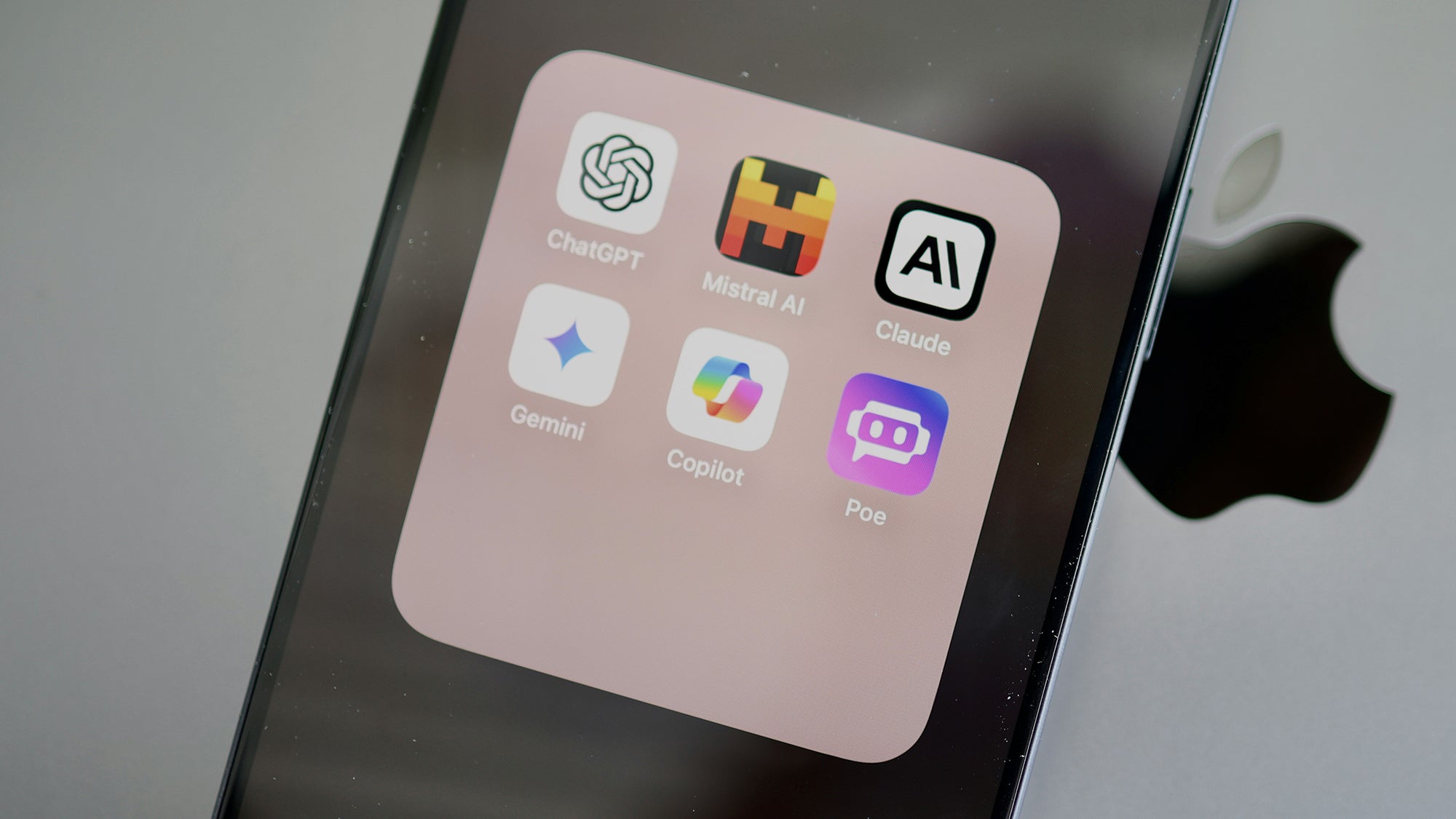Artificial intelligence can now automatically create someone’s autobiography by simply asking someone questions about their life, all within an application that is reportedly the latest AI venture by startup Autobiographer.
The business is experimenting in a contentious field where many people oppose the notion that AI could take the role of writing, art, and other creative pursuits.
However, in Autobiographer, the AI helps the user narrate their tale in their own words and then compiles it into an output that can be exported as a PDF and, possibly, bound and printed in the future. Put differently, it functions more as a partner than as the only creator.
The software might not replace expertly written stories, but it could be useful for recording friendships or family history or making a keepsake for your kids.
Read Also: How to Improve Your Workflow with Canva’s Most Advanced AI Tools
Autobigrapher’s Founders
As per Tech Crunch, Matt Bowman, the CEO and co-founder of Autobiographer, views the app as a means of leaving a legacy for his godchildren. Bowman was stationed in Iraq and Afghanistan while serving in the Army Special Forces before working at Facebook in the Bay Area. Thus, he has experienced losses that have influenced his perspective on the world.
Bowman partnered with James Barnes, who had also worked at Facebook during the 2016 and 2018 elections. Barnes was among the first to identify the problems with the Cambridge Analytica data harvesting scandal, resulting in his participation in multiple depositions and subpoenas.
Later, he quit Facebook to launch a Super PAC to challenge Trump. While experimenting with OpenAI’s GPT-3, he discovered that artificial intelligence could assist him in processing his own life experiences, including these significant events.
AI-Generated Books
Companies continue to extend artificial intelligence applications, most notably in the creative and production industries. Just last October, 2023 authors found AI-generated books being sold on Amazon.
More precisely, when perusing the website for his book, author Rory Cellan-Jones came across a book on Amazon that resembles his memoir exactly. However, upon closer inspection, he discovered that AI software, not a human, had authored this biography.
This puzzled Cellan-Jones, considering the difficulties he had in selling autobiographical novels and other authors’ sudden appearance of autobiographical books.
His autobiography, “Ruskin Park: Sylvia, Me and the BBC,” details his lonely childhood and the complicated dynamics of his relationship with his mother.
The writer was shocked by the AI-written book and thought it was all made up. He drew attention to the passages that portrayed the Cellan-Jones family as learned people seated around a table, led by a benevolent father and a teaching mother.
The matter allegedly took a concerning turn after receiving an email from Amazon suggesting that he buy the fake book rather than his own.
Cellan-Jones was especially irritated by this development since it appeared that Amazon’s algorithm gave the phony book more publicity than his meticulously produced work. He pointed out that this essentially permitted book spam and suggested it to the one who was most irritated by it.
At that time, Amazon removed the book written by a mysterious person, pseudonymized as “Steven Walryn.” This author produced over 30 novels, 15 of which were published in a single month.
Related Article: Artists, Researchers Unite to Protect Creative Works from AI
ⓒ 2024 TECHTIMES.com All rights reserved. Do not reproduce without permission.





